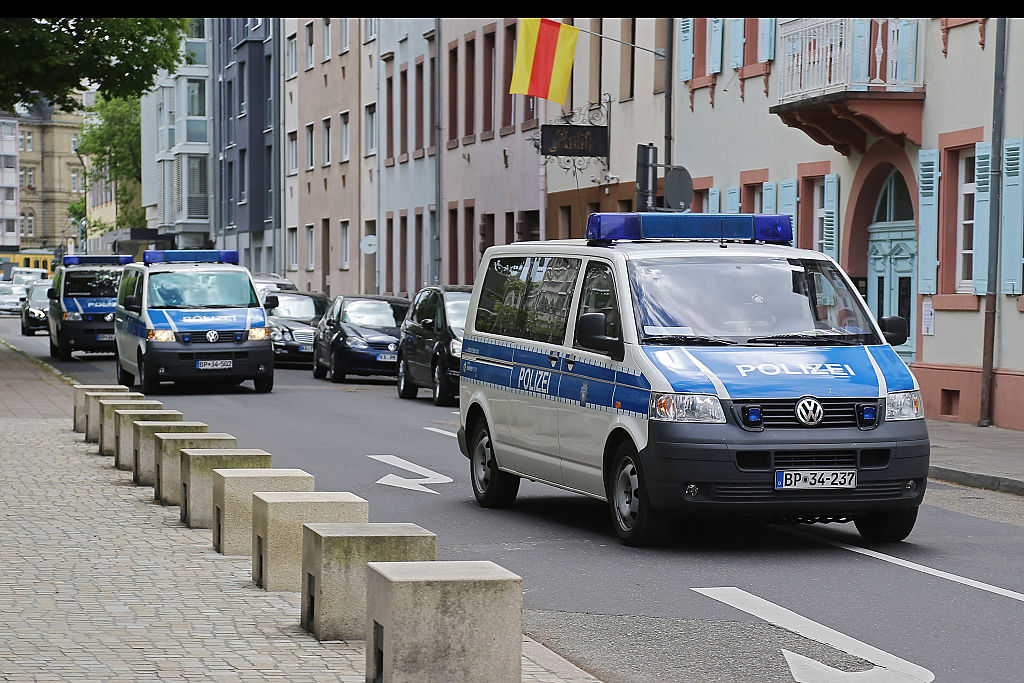Britain instigated its new definition of “extremism” designed to counter a surge in hate crime.
The move on March 14 came shortly after Brussels Signal reported on March 11 that the opening of the National Holocaust museum in Amsterdam had been targeted by protestors amid sickening chants of anti-Semitic hatred such as “Get lost, cancer Jews”.
More than 2,000 demonstrators took to the streets on March 10 as Isaac Herzog, President of Israel, was attending the opening of the museum.
The previous UK definition of extremism came in a 2011 counter-terrorism strategy programme known as “Prevent”. The government said this needed to be updated after a surge in antisemitic and anti-Muslim hate crimes since the October 7 Hamas terrorist attacks on Israel.
Earlier in March, Uk Prime Minister Rishi Sunak claimed Islamist and far-right extremists were seeking to undermine British democracy.
Communities minister Michael Gove, whose department produced the new definition, said a more precise version had been needed to address the perceived threat.
Currently, no UK groups have been defined as extremist.
The March 14 update defines extremism as: “The promotion or advancement of an ideology based on violence, hatred or intolerance, that aims to: negate or destroy the fundamental rights and freedoms of others; or undermine, overturn or replace the UK’s system of liberal parliamentary democracy and democratic rights; or intentionally create a permissive environment for others to achieve the results in (1) or (2).”
The Government said a team of impartial officials will carry out a “rigorous” assessment in the next few weeks before announcing what groups will be labelled extremist.
Any categorised as such will be banned from receiving Government funding or any other State support. Groups can seek a judicial review in the courts.
Downing Street hopes that labelling a group extremist will make the public and other bodies shun them. Gove said it was not about banning groups but making clear who the Government should not engage with.
The March 14 change creates no new powers and has no criminal impact. The groups would still, for example, be able to meet and hold demonstrations.
That is different to those specifically banned under terrorism laws, where being a member of a proscribed group or encouraging support for it is a criminal offence. Some 80 international organisations are banned by Britain as terrorists including Hamas.
Some critics said the policy was an assault on free speech and could come to include those who hold gender-critical views or those who oppose abortion.
Others said it would be counter-productive, targeting those who simply express strongly held opinions, particularly Muslims, or could be used to silence those with whom the Government disagrees.
Those who have voiced concern range from the Archbishop of Canterbury, former government advisers and relatives and victims of militant attacks in Britain, to those within Sunak’s own Conservative Party.
The Government insisted there will be a high bar for defining a group as extremist, targeting those neo-Nazis or radical Islamists that promote an ideology based on hatred or violence but fall short of committing criminal offences.
Gove said the change would not silence those with peaceful views or affect free speech.
Additional reporting by Reuters





